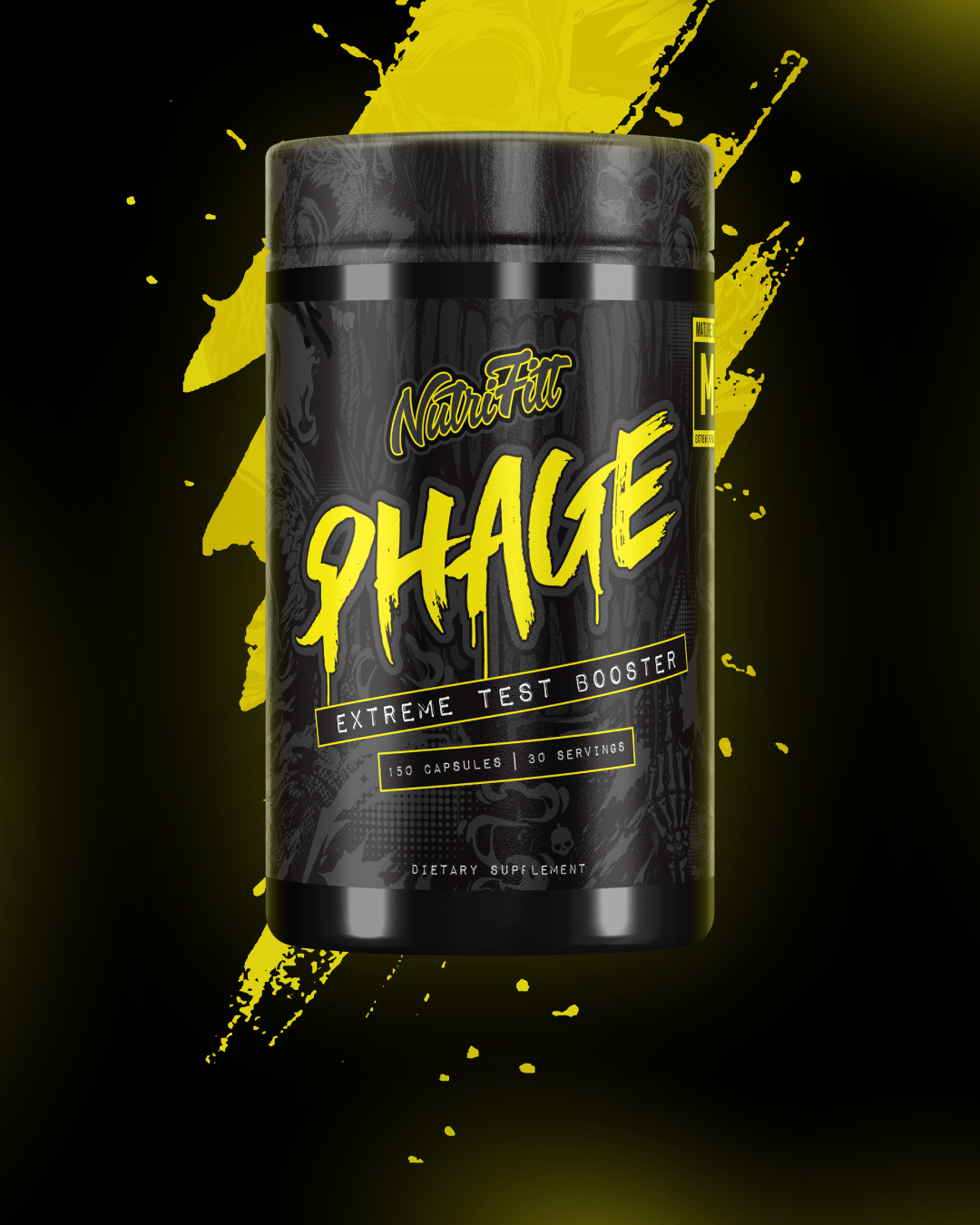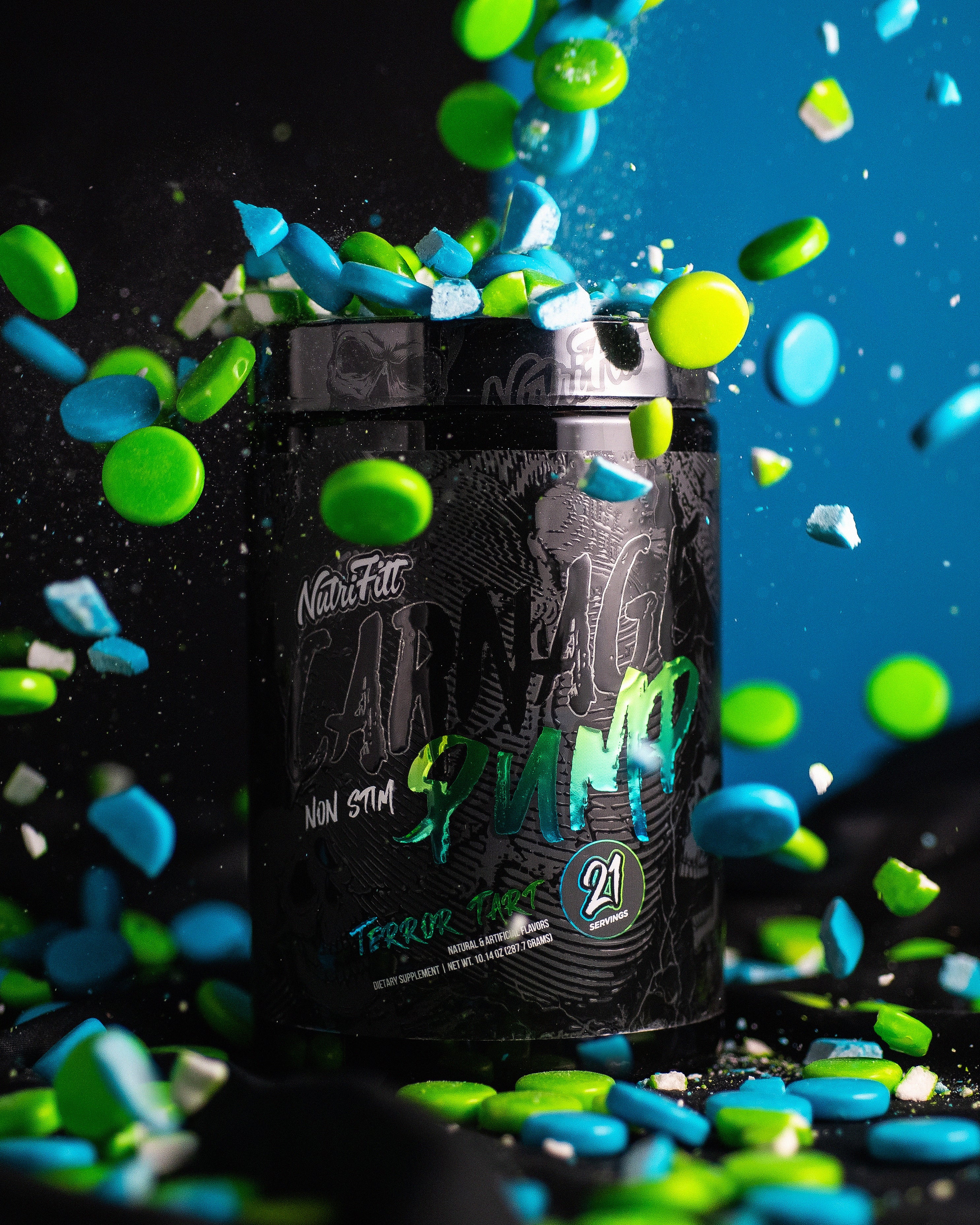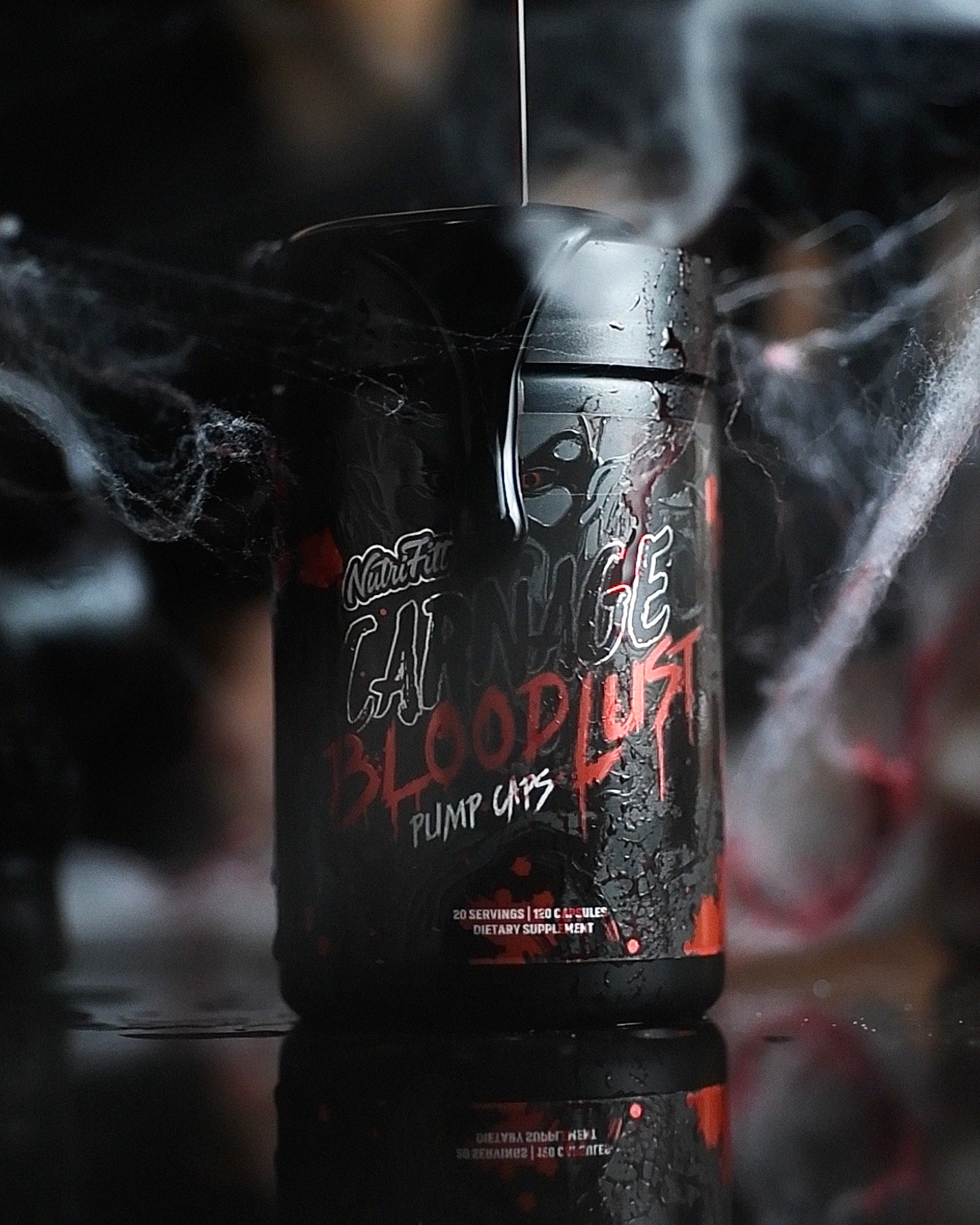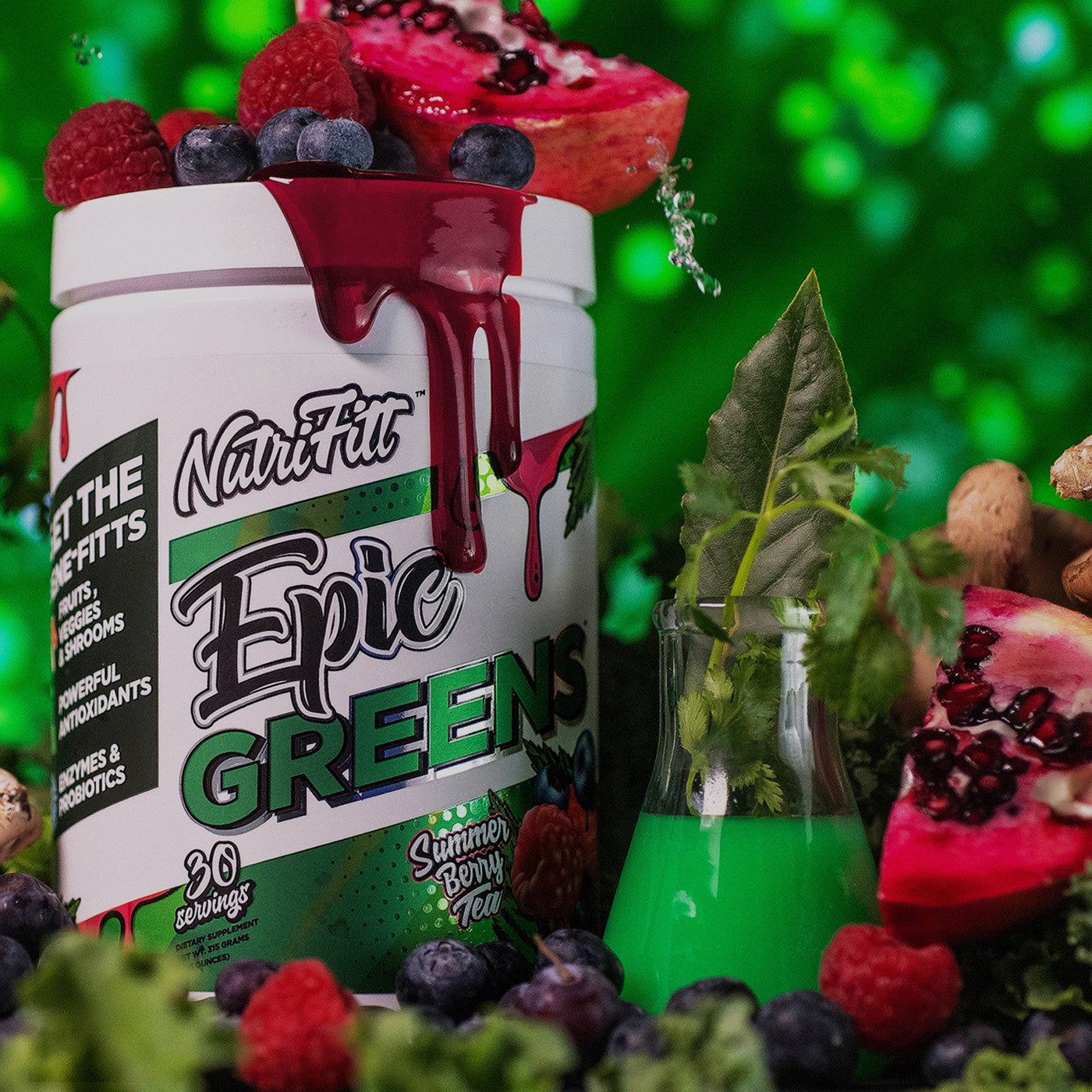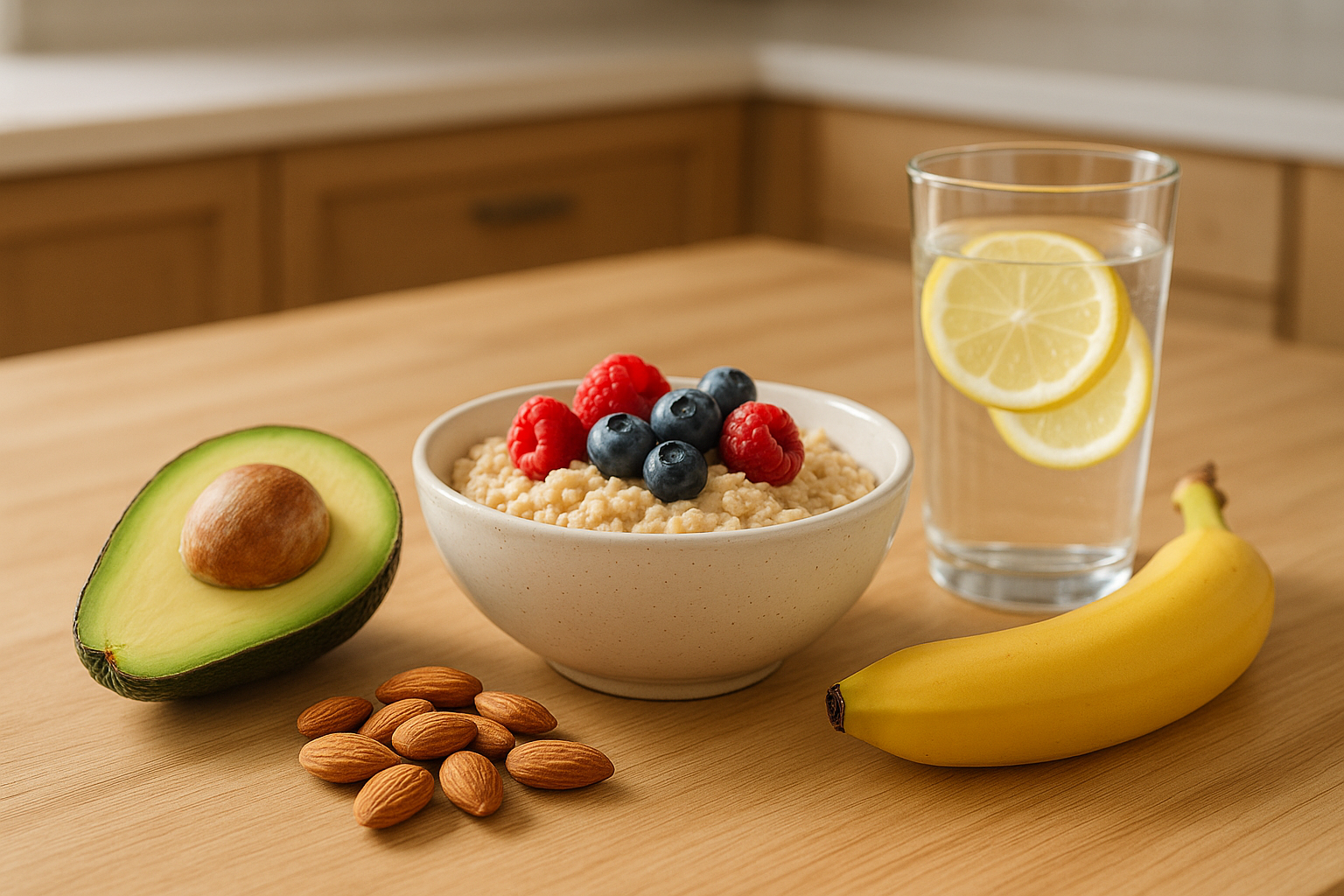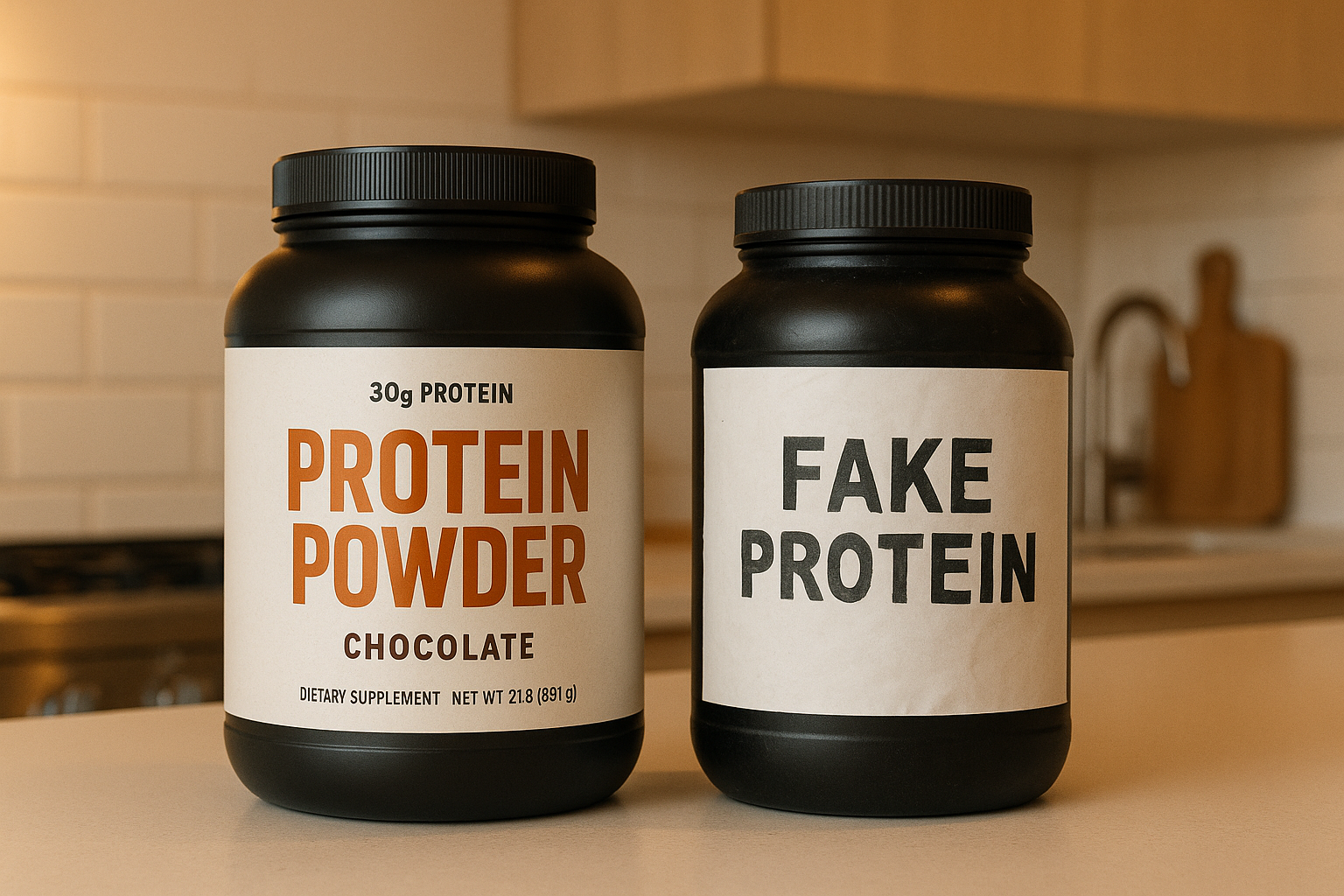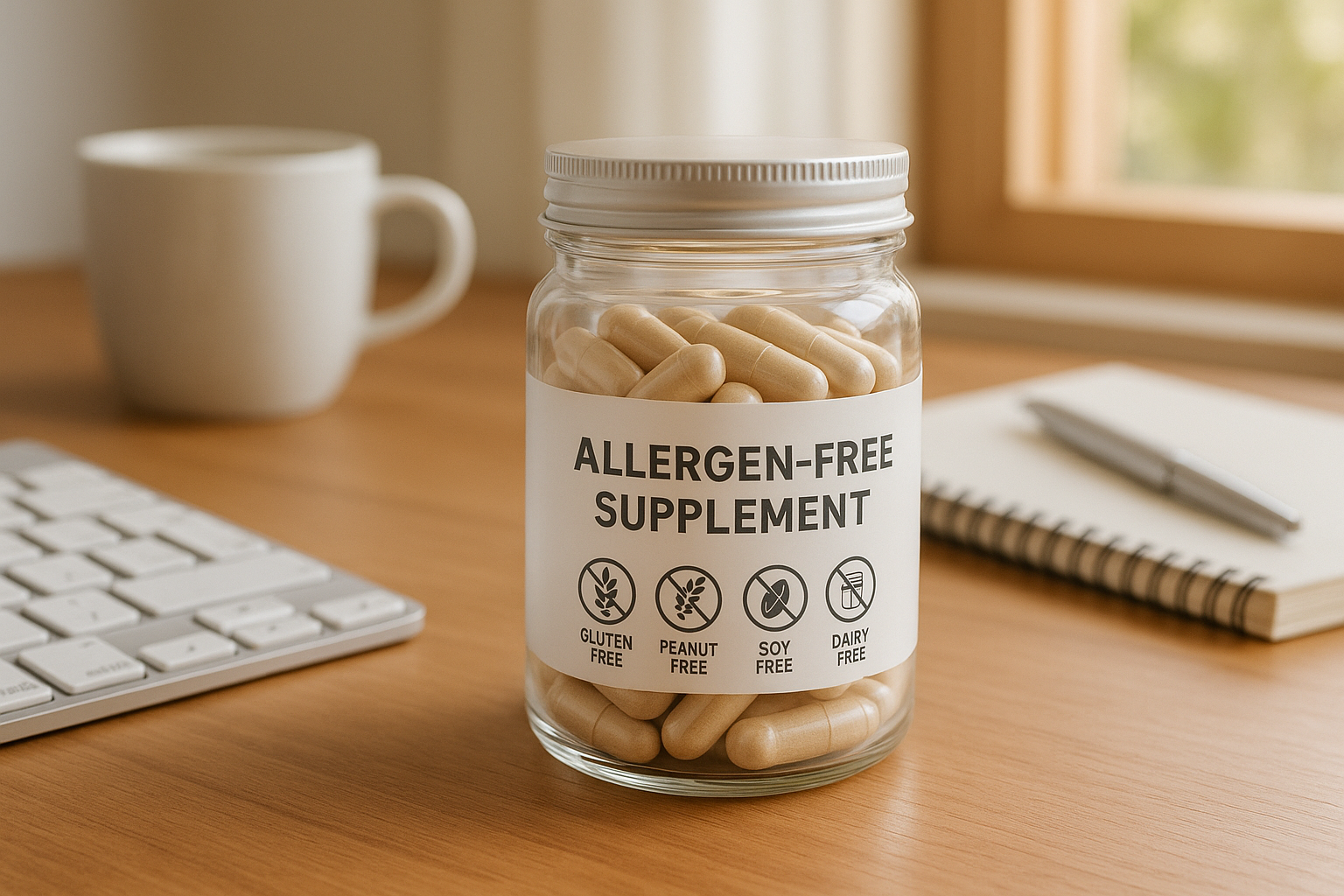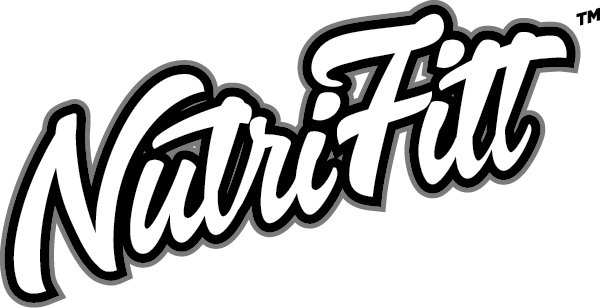
The Importance of Rest and Recovery for Muscle Growth
Rest and recovery are essential components of muscle growth, as they allow the body to repair damaged tissues, replenish energy stores, and reduce the risk of injury. By prioritizing rest and recovery, individuals can optimize their muscle growth and overall fitness journey. Providing adequate sleep, engaging in active recovery, maintaining proper nutrition, and utilizing supplements like NutriFitt's Silence can all contribute to an effective recovery process.
Key Takeaways: Rest and Recovery for Muscle Growth
- Rest and recovery are crucial for repairing damaged muscle tissues, replenishing energy stores, and reducing the risk of injury.
- Sleep is a vital component of recovery, as it promotes the release of growth hormones and assists in the body's natural repair processes.
- Active recovery, which involves low-intensity exercise, can aid in muscle healing by increasing blood flow and delivering nutrients to the muscles.
- Proper nutrition, including a balance of carbohydrates, proteins, and fats, is essential for supporting the body's recovery process.
- Supplements like NutriFitt's Silence can help enhance recovery by promoting better sleep and supporting the body's natural repair mechanisms.
Rest and recovery are more than just buzzwords in fitness. They are foundational to any successful training regimen. Let’s explore the critical role of rest and recovery in muscle growth, understanding both why they are necessary and how they contribute to our fitness goals.
Why Rest and Recovery Are Crucial for Muscle Growth
When we talk about gaining muscle, we often focus on the weights lifted and the protein consumed. However, the true benefits unfold during the rest and recovery period—that's when our bodies adapt, repair, and strengthen.
Repairing Damaged Tissues
During an intense training session, our muscle fibers undergo microscopic damage. This isn't cause for alarm—it's a natural part of the muscle-building process. When we rest, our cells get to work, mending the damage and, in the process, building stronger muscles. This biological response is an essential step towards the gains we seek.
Replenishing Energy Stores
Exercise depletes our energy stores, particularly the glycogen in our muscles. Rest days give us time to replenish these stores so we have the fuel needed for our next workout. Without sufficient glycogen, our performance can suffer, and we may hit a wall prematurely during our training sessions.
Reducing the Risk of Injury
Consistent training without adequate rest can lead to overuse injuries, which can sideline us and reverse our progress. By scheduling rest days, we give our muscles, tendons, and joints the break they need to avoid strain and overexertion.
Sleep: The Foundation of Recovery
Sleep is often hailed as one of the most powerful recovery tools at our disposal. It's the time when our bodies go into overdrive repairing muscle tissue and replenishing energy. Aiming for 7-9 hours of sleep each night can significantly impact our recovery and muscle growth. During sleep, we release growth hormones essential for muscle repair, making quality sleep as important as any workout.
Active Recovery: Helping Muscles Heal
Active recovery is essential in any training regimen, acting as a bridge between rest days and intense workouts. It involves low-intensity exercise like walking, swimming, or yoga to keep you moving and promote circulation. Active rest days aid muscle healing by increasing blood flow, which helps deliver nutrients to muscles and repair micro-tears from strenuous exercise.
Nutrition for Optimal Recovery

After putting your muscles through the paces, it's critical to provide them with the nutrients they need to repair and grow. A balanced diet rich in carbohydrates, proteins, and fats plays a vital role in this process.
Balancing Carbohydrates, Proteins, and Fats
Carbohydrates are the main energy source for your body, replenishing glycogen depleted during exercise. Proteins are vital for muscle repair, helping rebuild muscle tissues post-workout. Fats, though often misunderstood, are crucial for hormone production, which supports muscle growth and recovery. For optimal recovery, it’s important to balance these macronutrients according to your specific dietary needs and fitness goals.
Staying Hydrated for Muscle Function
Hydration is essential for recovery. Water maintains muscle elasticity and function, and losing fluids through sweat during exercise can lead to dehydration, causing muscle cramps and reduced performance. Remember, staying hydrated isn't just for during and post-exercise. It's important all day long.
Enhancing Recovery with Supplements
In the quest for muscle growth, supplements can play a supportive role by providing the necessary nutrients and compounds to enhance the body's recovery process.
Promoting Better Sleep with NutriFitt's Silence
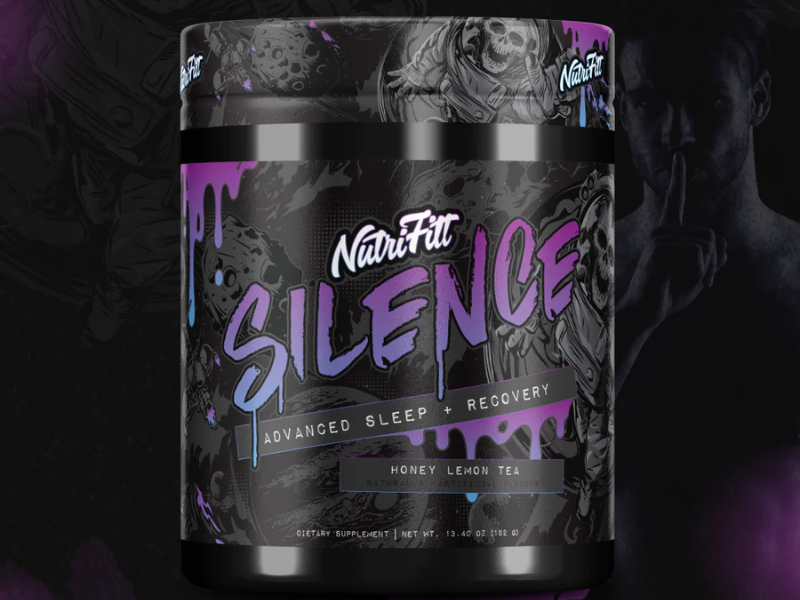
Quality sleep is a critical component of muscle recovery, and NutriFitt's Silence is formulated to support improved sleep. Silence contains a blend of ingredients known to promote relaxation and aid in the transition into a restful night's sleep.
This, in turn, allows your body to optimize the release of growth hormones and engage in the necessary repair processes that occur during deep sleep. With improved sleep, you're not just investing in proper rest—you're investing in the rejuvenation of your entire body.
FAQ: Rest and Recovery for Muscle Growth
How often should I schedule rest days?
Rest days should be an integral part of your training schedule. Ideally, you should aim to have at least one rest day per week to allow your muscles to fully recover. However, the exact number may vary depending on your workout intensity, duration, and individual recovery rate. Listen to your body and adjust your rest days accordingly.
Can supplements really help with recovery?
Yes, supplements can play a significant role in aiding recovery. For instance, amino acids can help repair and rebuild muscle tissues, while others, like L-Citrulline, lead to increased blood flow and reduce muscle soreness.




